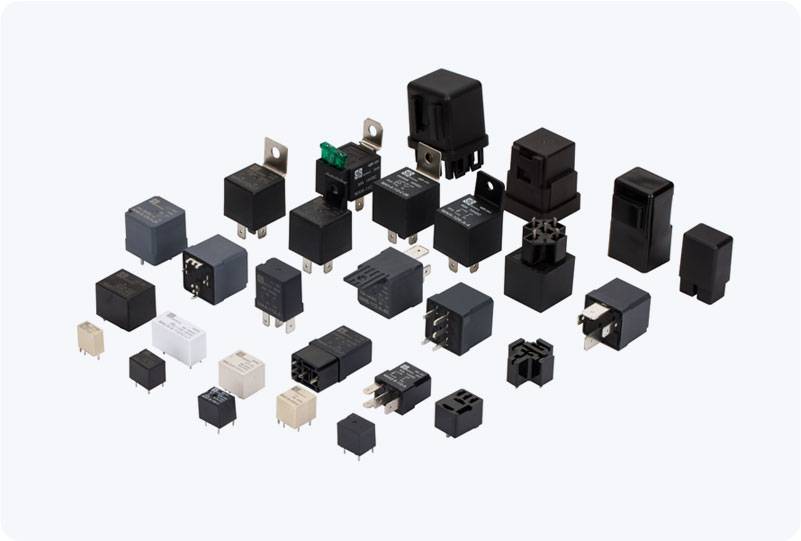understanding ground fault protection relay and its importance in electrical systems
Release time:2025-08-20 21:54:01
A Ground Fault Protection Relay is a critical protective device in electrical systems, primarily designed to detect and mitigate the potential dangers caused by ground faults. It serves to protect both electrical equipment and personnel from the hazards of electrical faults where electricity unintentionally flows through the ground. Ground faults can cause severe damage to electrical systems, lead to fires, and even result in life-threatening electric shocks. Therefore, the importance of this protection cannot be overstated. This article explores the function, working principles, and application of the Ground Fault Protection Relay.

What is Ground Fault Protection?
Ground faults occur when an unintentional path is formed for electrical current to flow to the ground, usually due to damaged insulation, faulty equipment, or poor grounding systems. In a well-designed electrical system, current flows through the intended conductive path and back to the source. However, if this current finds an alternate route to the ground, it can cause equipment damage, overloading, and dangerous shock hazards.
Ground Fault Protection Relays are safety devices that monitor electrical circuits for any imbalances in current flow. By detecting the presence of a ground fault, these relays can quickly react to disconnect the power supply or trigger alarms, thus preventing further damage or catastrophic failure.

